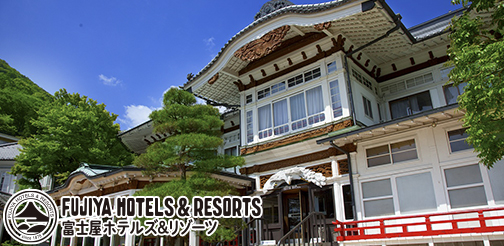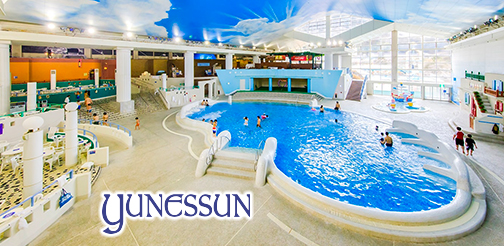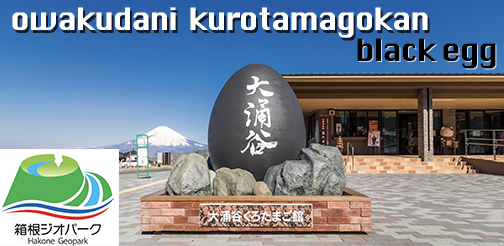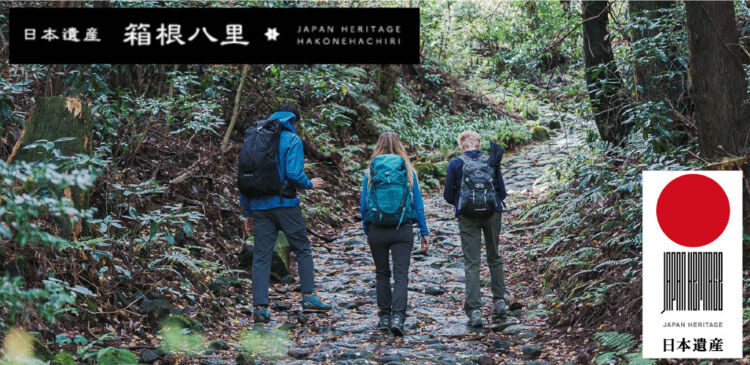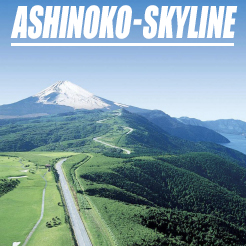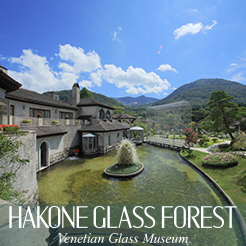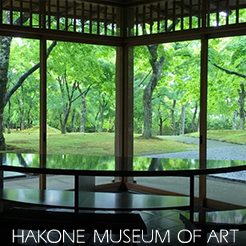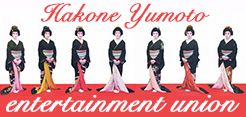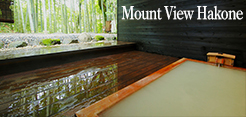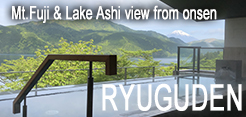A visit to Japan is an opportunity to have many new cultural, culinary, and hospitality experiences. Among these quintessential experiences is a stay at a ryokan, traditional Japanese inns that date back centuries. The ryokan typically feature tatami straw mat floors, communal baths, and splendid meals often served in your room. The Ichinoyu is one of the most historic inns in Japan.
The Ryokan
Hakone is a mountainous area located on the famed Tokaido road connecting Tokyo and Kyoto. Travellers have been making their way through the deep valleys, thick forests, and mountains that still have the same historic tea houses, traditional inns, and landmarks that have changed little with the passing of time. One of the most iconic establishments in Hakone is the Ichinoyu Ryokan. The Ichinoyu Ryokan is located in a deep wooded valley and along the flowing Hayakawa River at the base of the Hakone mountains. This ryokan has been featured in classic Hiroshige ukiyoe woodblock prints and has been operated by the same family for 16 generations since 1630.
The entrance to the Ichinoyu Honkan is warm and inviting, the natural wood and nostalgic pictures on the wall speak to the many guests that have passed through here. The building itself is made of different sections built over the years with the main building dating back to reconstruction after the devastating Kanto Earthquake of 1923. The ryokan is a registered “Site of Cultural Heritage” by the Japanese government for the significance it holds in sharing the architecture and history of Japan. The ryokan consists of four floors and a basement. The roof is made of copper and iron sheets. Each floor and room has a distinct personality because of the various designs and layouts.
Most of the rooms also have private onsen, hot spring baths, attached overlooking the flowing waters of the Hayakawa River below. The soothing sounds of the water lull you to sleep and relax you in the rich natural surroundings of the river valley.
The History
Staying at the Ichinoyu Ryokan connects you with the history and culture of Japan, a history that goes back to the time of the samurai. According to family legend, after the famed Battle of Sekigahara (1600), which cemented the control of Japan in the hands of the Tokugawa clan for more than 300 hundred years, a samurai had a dream of establishing an onsen. This would be the foundation for the Ichinoyu Ryokan and the start of a continuous line of 16 generations running the inn.
The Ichinoyu is famously depicted by the famous Ukiyo artist Hiroshige. The scene captured by Hiroshige has changed little over the years with the exception of cars taking the place of walking travellers. The vision and effort of Ichinoyu was integral in the establishment and growth of Hakone as one of the most popular hot spring destinations in Japan.
In 1630 Tomoyori Ogawa founded the inn and it has stayed in the same family, now run by the 16th generation of the Ogawa family. The current president of Ichinoyu is Mr. Takaya Ogawa, the 16th president. His father is Haruya, the 15th president of Ichinoyu, who took over the inn on the verge of bankruptcy and revamped its management. He achieved a miraculous revival of the brand and his journey was even made into a manga. He is also a popular lecturer and was a famous president in the industry. In 2018, he handed over the management of the company to his son, who returned to the inn after gaining experience in the restaurant industry.
The management of Ichinoyu continues to give guests “value that is one step ahead” with “innovation and evolution,” and has set the guideline of “changing the common sense of lodging and proposing the enrichment of daily life through lodging”. The entire company is united in its desire to move forward together by improving guest experience, always for the benefit of people and to contribute to society.
The Ichinoyu Honkan has undergone many renovations and restorations over the years while still maintaining the nostalgic senses of traditional Japan. The large event hall was completed in 1923 by master craftsmen and was the largest hall in Hakone at the time. The hall covers an area of 88 tatami mats and has a stage. Geisha performances are sometimes held here featuring the famed entertainers of the Hakone area. One interesting addition was the use of imported marble from Italy for the public bathing facilities in 1971. The hot spring water used by the Ichinoyu Honkan has a high alkalinity and is said to be good for your skin, making it smooth and supple. The Ichinoyu Honkan is located on the Hayakawa river and you are never far from the sounds of nature. Take the time to explore the details and history in the architecture of this building which has been registered as an Important Cultural Asset by the Japanese government.
The Future
Ichinoyu started as a ryokan in the Tonosawa area of Hakone in 1630 and still operates from the main accommodation, now called the honkan. The Ichinoyu Group has slowly expanded over the years to offer different types and different levels of accommodation throughout the Hakone area from their 7 separate locations. The Ichinoyu Group has adapted to the changing needs of visitors while keeping its traditional values of omotenashi, Japanese hospitality. Over the years Ichinoyu has taken on new challenges and graced the pages of famous manga like, partnered with Nissan on self-driving technology, and created new options and amenities for guests. Ichinoyu is unique in its ability to be a modern company steeped and grounded in tradition and history.
Hakone
Hakone has a long history of welcoming and catering to travellers over the centuries. Located along the famed Tokaido Road connecting the imperial and cultural capital of Kyoto and the administrative and economic center of Edo (now Tokyo), Hakone was and is a place for people to rest, explore, and discover. A stay or visit to Ichinoyu honkan or one of the many other historic lodgings and attractions connects you with the past and gives you the chance to experience Japanese hospitality and culture that has evolved over the years.


